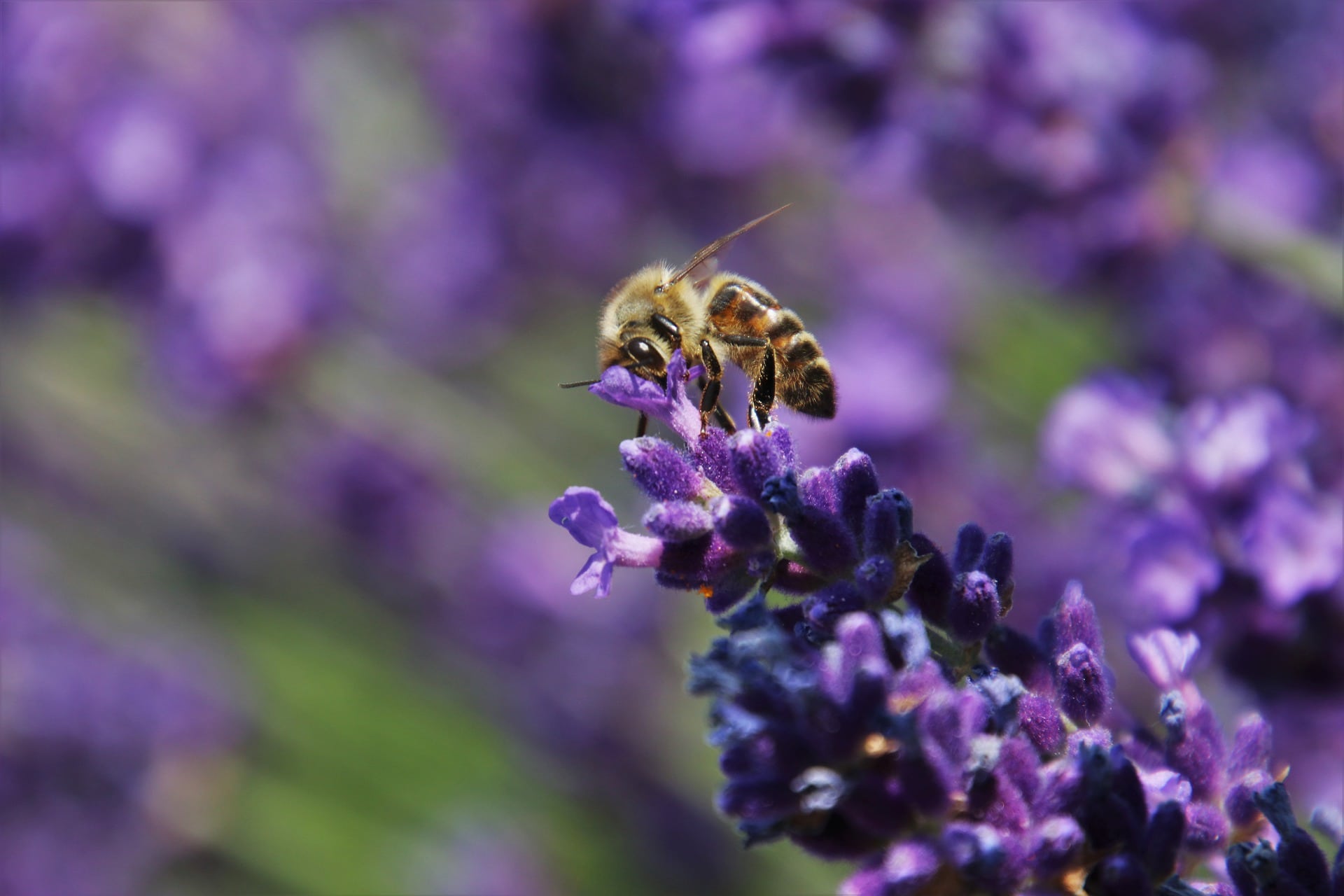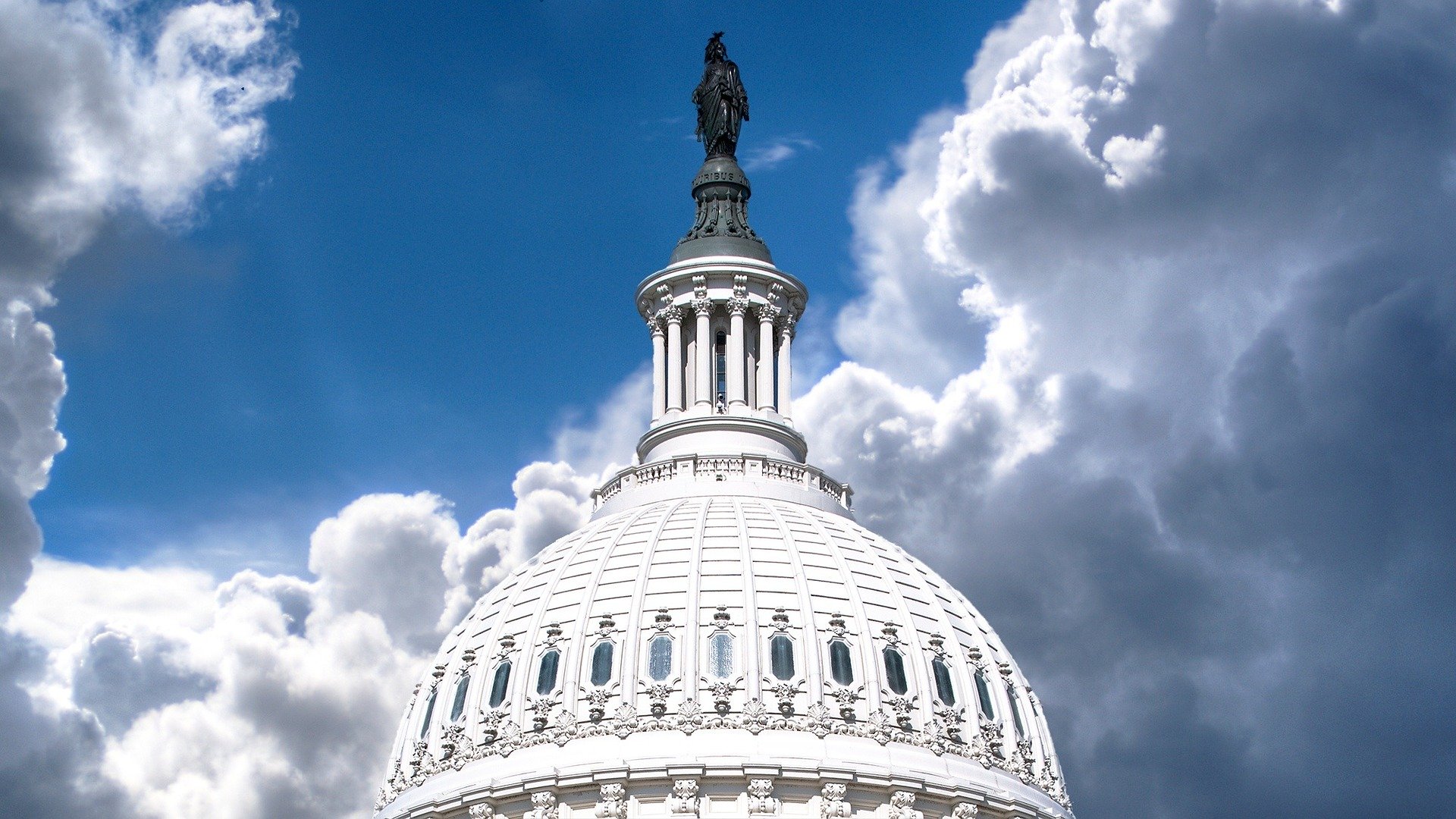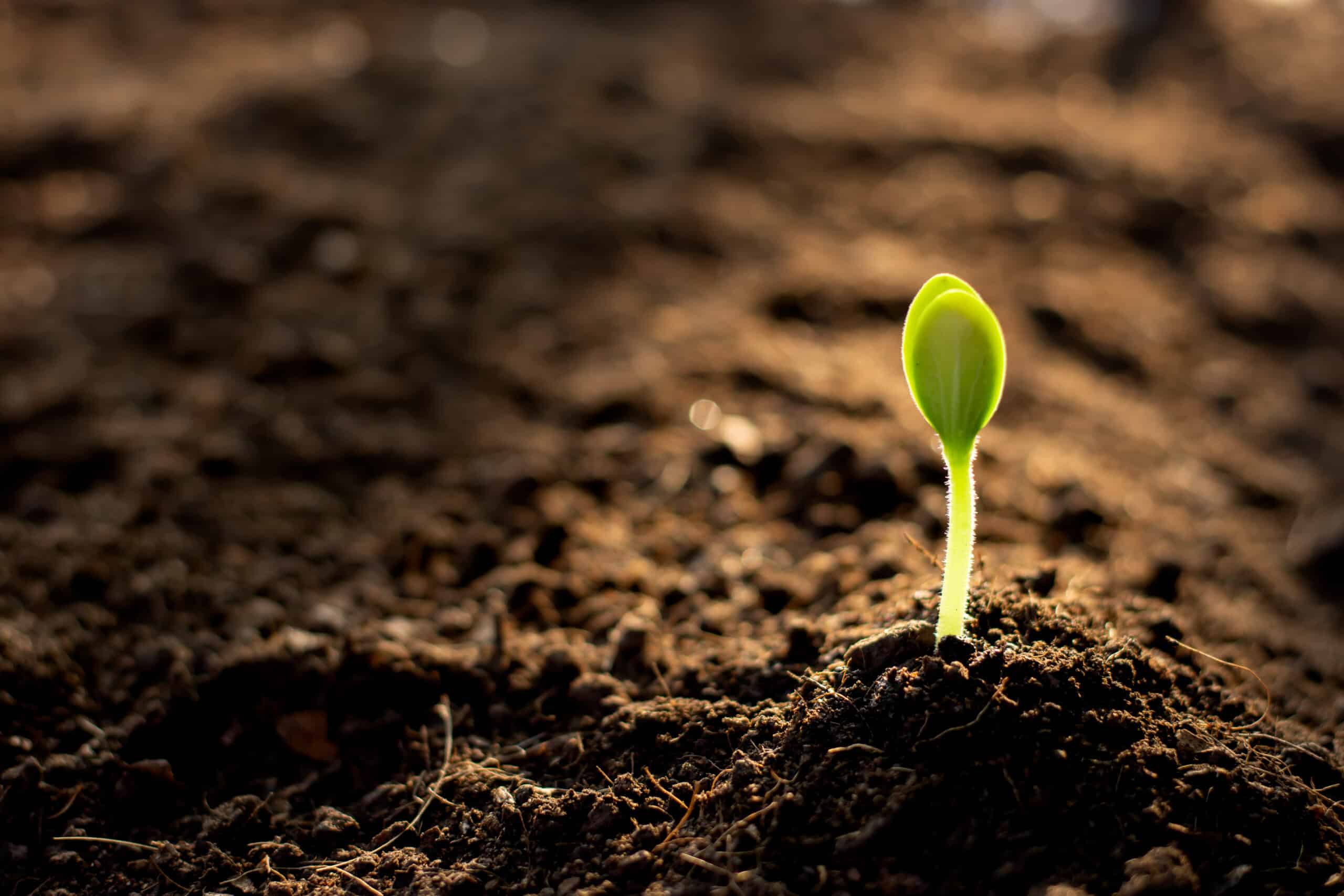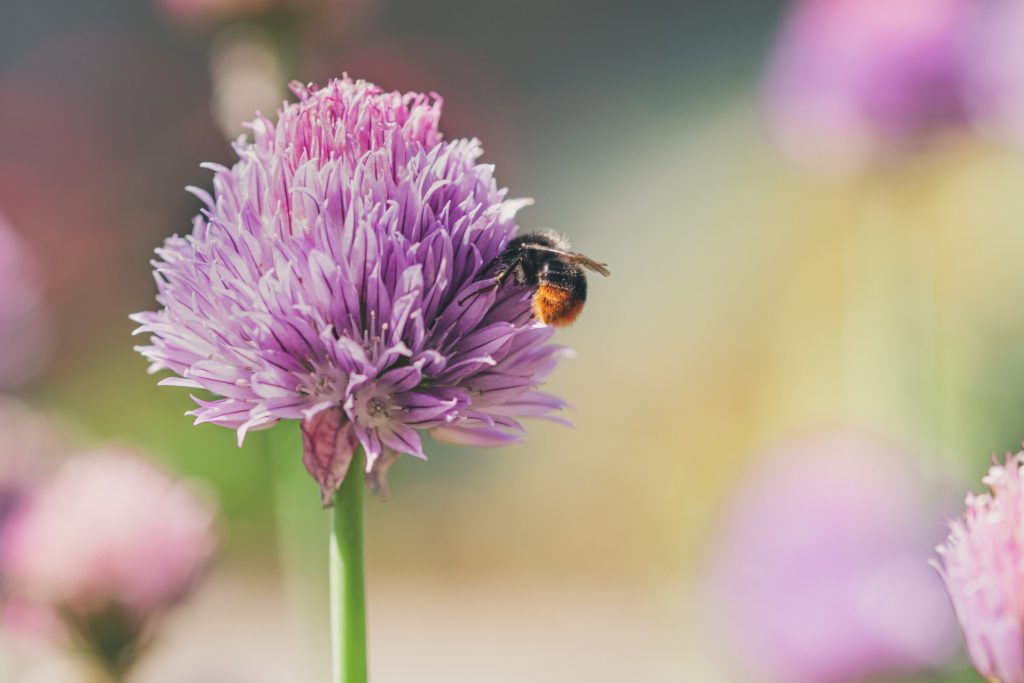
Bee Action
Bee Action
Scientists across the world are warning that we are in the midst of an “insect apocalypse,” due in large part to the overuse of toxic pesticides.
Bees and other pollinators — responsible for one in three bites of food we eat — are among the insects in great peril. And it’s not just pollinators: pesticides broadly threaten biodiversity above and below ground, undermining soil and ecosystem health. The same pesticides that threaten biodiversity also harm human health. And pesticides contribute to climate change — they are made from fossil fuels and are energy-intensive to produce.
Friends of the Earth works to eliminate use of toxic pesticides and rapidly shift to organic and regenerative farming systems that are healthier for bees, butterflies, people, and the planet through market change, policy advocacy, and groundbreaking science. Learn more about key pesticides of concern.
Learn More
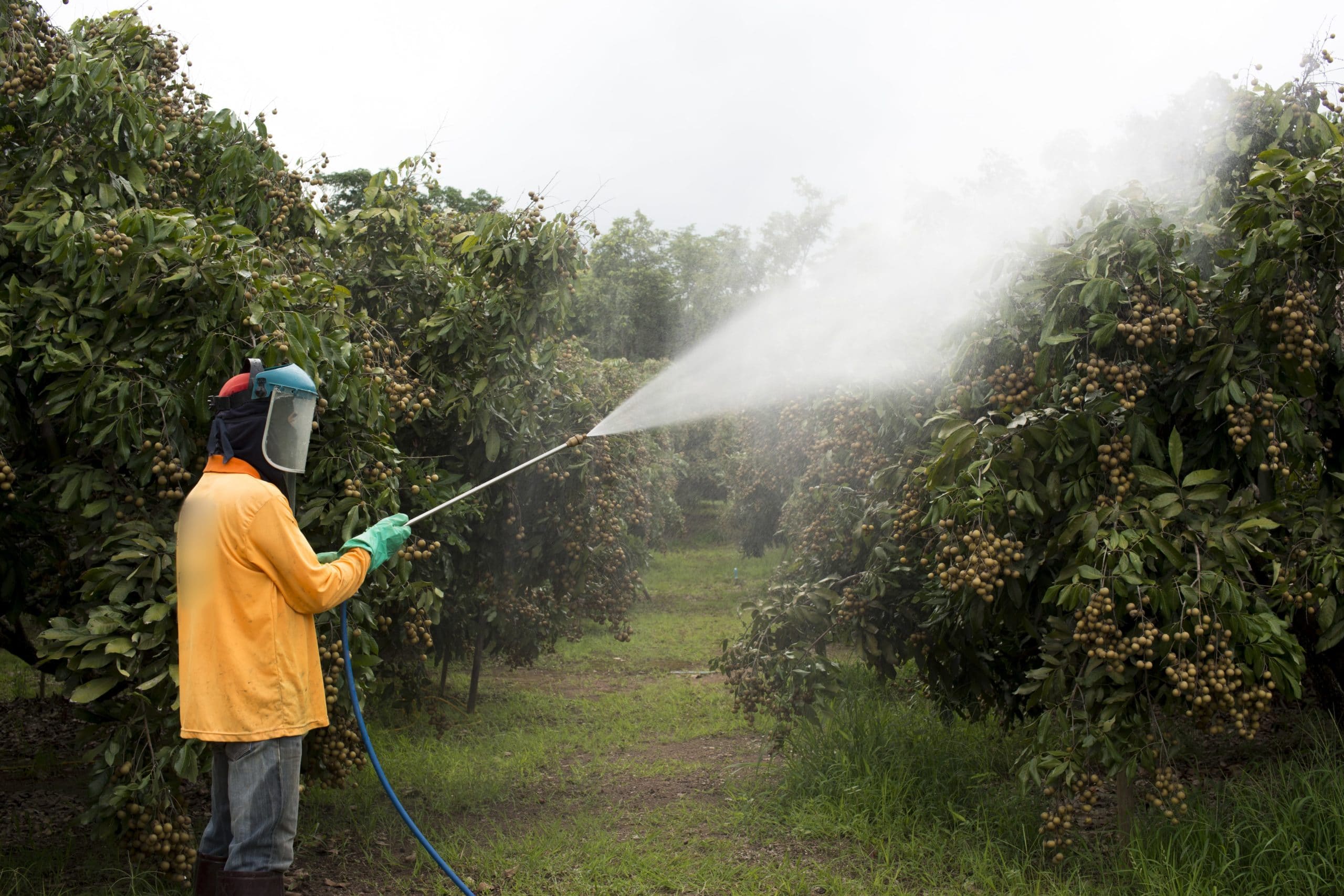
Economic Risks of Pesticides
U.S. food retailers face $219 billion in financial, climate, and biodiversity risks from pesticides

Organic For All
Our study shows how an organic diet dramatically reduces pesticide levels
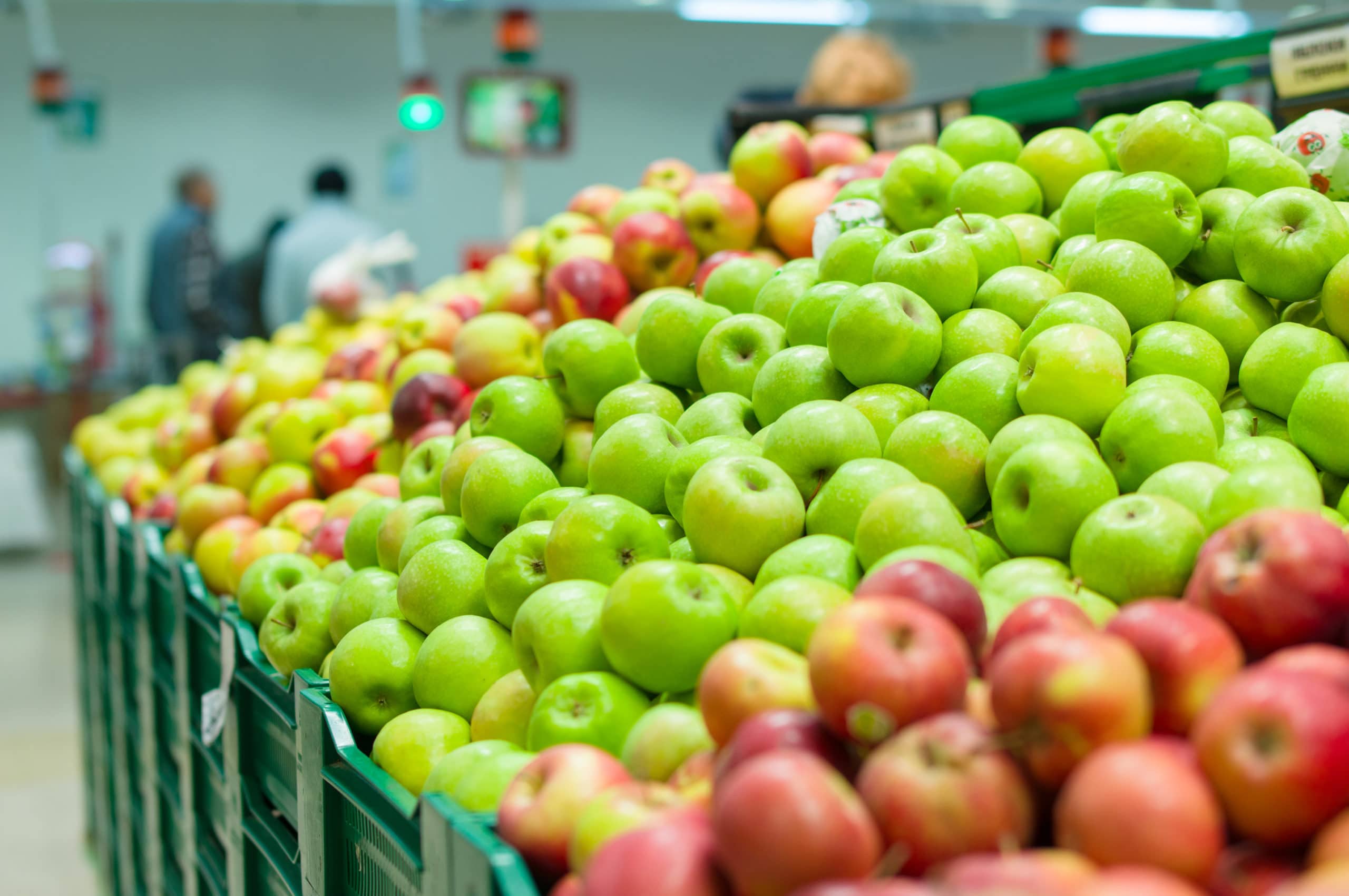
Toxic Secret
Our study found pesticides in store brand produce, cereal & beans
Media
Does your grocery store make the grade?
We ranked the top US grocery stores on protecting pollinators from toxic pesticides
Resources
Bee-Friendly Retailers
Our members have signed petitions, delivered letters, made phone calls and gone to their local retailers to demand change.
Find out which food and garden retailers have committed to take steps to eliminate bee-killing pesticides.
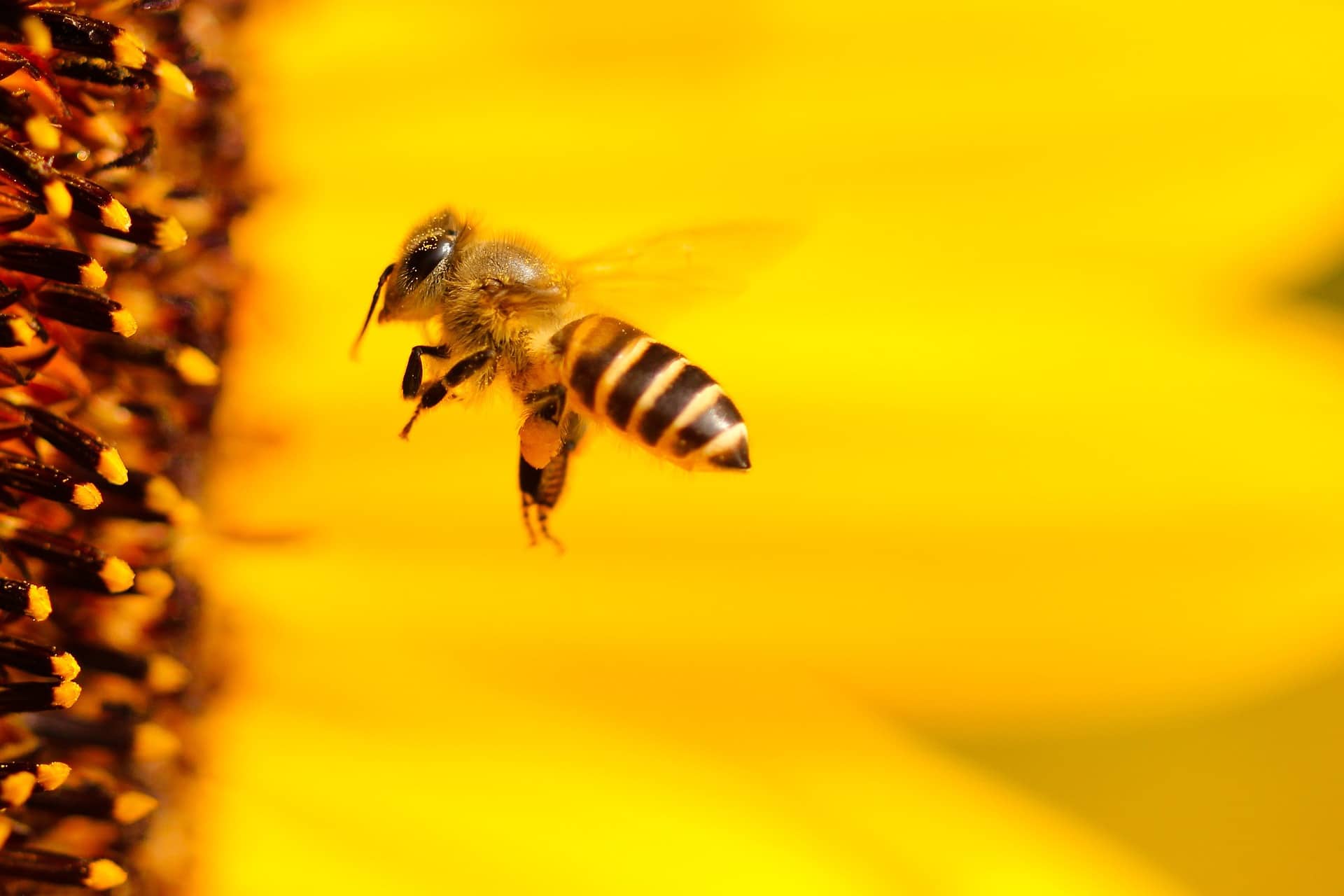
Ways to Support Our Work

Read Latest News
Stay informed and inspired. Read our latest press releases to see how we’re making a difference for the planet.

See Our Impact
See the real wins your support made possible. Read about the campaign wins we’ve fought for and won together.

Donate Today
Help power change. It takes support from environmental champions like you to build a more healthy and just world.
